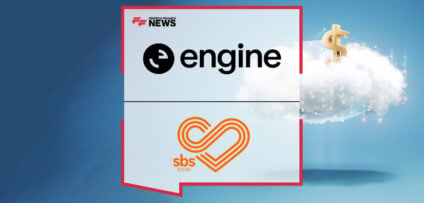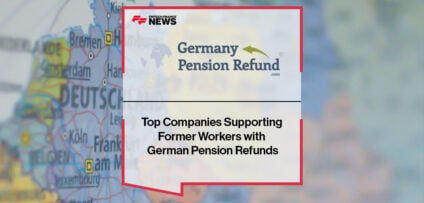Breaking News

Data-sharing partnerships between technology-enabled firms and big US banks would be credit negative for regional banks
On Monday, The Wall Street Journal reported that Facebook Inc., Alphabet Inc.’s (Aa2 stable) Google and Amazon.com Inc. (Baa1 positive) have asked some large US retail banks to share customers’ financial data to offer new services to their users. Should such data-sharing partnerships form, we believe they would be credit negative for midsize and smaller US regional banks. These smaller firms would be at a competitive disadvantage, particularly if large US banks successfully execute their digitization efforts, including tapping into big data analytics.
We believe the untapped potential for big data analytics is greatest for large banks that have accumulated massive amounts of customer data, such as purchase data from credit card usage. This requires significant resources to utilize so large banks have an advantage to use their data to better service clients by anticipating their needs, develop more efficient, customized marketing initiatives to cross-sell their products, and ultimately drive revenue growth.
Facebook, Google and Amazon already have large troves of customer data from their platforms. Their request for financial information from large US banks as part of initiatives to add offerings suggests aspirations to deepen user engagement. The competitive threat of big technology-enabled companies known for disruption entering into partnerships with large US banks could accelerate US banks’ digitization efforts. This could give large US banks the potential to tighten their grip on existing customer relationships or gain further market share from midsize or smaller US regional banks.
We believe that as financial technology evolves, banks will face competition for customer relationships from large technology-enabled firms intent on capturing an ever-increasing share of customers’ online activity, spending and data. Banks are particularly vulnerable because these firms already have business models focused on meeting customers’ digital demands. To compete effectively, we believe banks will need to deploy resources and devise strategies to develop or acquire innovative products and processes. They will need to efficiently integrate new technology into their business models to maintain their grip on existing customer relationships. Midsize and smaller US regional banks that lack the resources or vision to compete for customers in this space may ultimately lose market share and revenue streams, squeezing profit margins.
One caveat to this conclusion is the recurring issues around data privacy and security. Data sharing between large US banks and big technology-enabled firms will need to contend with data privacy and cybersecurity risks that digitization and financial technology partnerships entail. We believe increasing scrutiny of privacy and data security by customers will make it a growing competitive differentiator. As such, the sharing of, and access to, customer information raises a host of issues that could result in customer attrition if there are any major missteps.
- DIFC’s Dubai FinTech Summit Expands Globally with Pakistan Digital Authority Read more
- GoldenPeaks Capital Secures Largest PPA Deal in Hungary With Hankook Read more
- Volante Technologies: AI, Crypto, and Modern Banking Innovation Read more
- Payment Spayce and Sagicor Bank: Innovating Fintech for the Caribbean Market Read more
- Top Companies Supporting Former Workers with German Pension Refunds Read more












